8 Nautical Novels That Will Make You Want to Run Off to Sea
Nautical fiction deserves a place on your summer reading list. Here are 8 sea novels that will give you a taste of the genre–and make you want to come back for more!
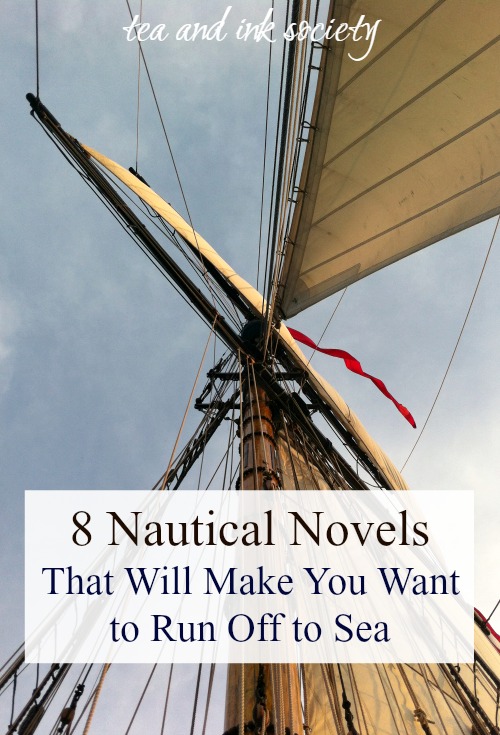
Almost one hundred summers ago, Frenchman Alain Gerbault set sail from Gibraltar to circumnavigate the globe–alone.
Why undertake such a feat?
“I wanted freedom, open air and adventure.” Gerbault said. “I found it on the sea.”
While most of us probably aren’t up to the task of solo-sailing the world, we’d all probably like that breath of freedom that Gerbault craved. Nautical fiction offers us an expansive, other-worldly experience that pulls us out to sea, immerses us in pure adventure, and sends us back to shore reborn. On the surface, reading a good sea novel looks a lot like plain escapism. But salt-seasoned readers know that those book covers enclose pages deep with the kind of heroism and human experience that change us in our real lives, too.
I love nautical novels because they engage our senses in a different way than we experience with shore-bound books. In a sea novel we smell briny winds and oozing tar and wet wood. We hear creaking planks and the crack of canonfire or the high and promising sound of seagulls. What we feel is never steady–we might be lurching in a launch on an off-ship mission, weathering a gale, or sensing the faintest tremor on a becalmed sea. And when we regain solid land it seems to reel beneath our feet after weeks on the ocean.
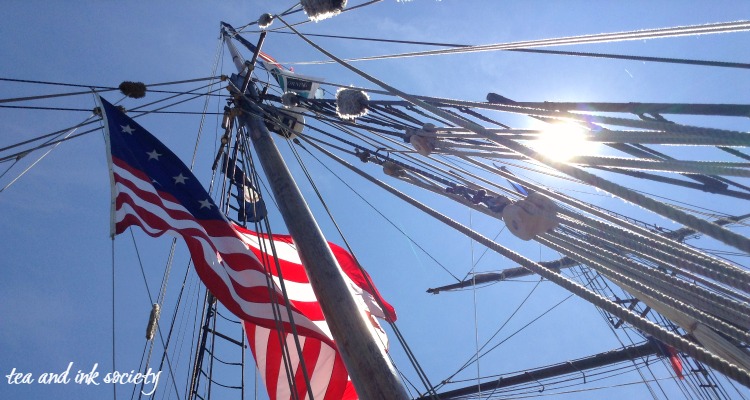
It’s this sensual, cathartic experience that draws me back to the genre every summer. When June rolls in I scan my bookshelves for new adventures. Pages curl like whitecaps; by July I’m fathoms deep in the main course of my summer reading list–always a sea story.
Want a taste of this often-unusual, always-rewarding genre? Dive into one of these nautical fiction picks this summer or any time of year!
Note: While you’re reading these books, it might be helpful to keep this glossary of nautical terms handy for reference! Also, here’s a guide to the different types of sailing ships, so you know the difference between a barque and a brigantine.
8 Best Nautical Novels for Armchair Sailors:
1. Billy Budd
by Herman Melville, published 1924
Billy Budd is a young seaman who is immensely popular with everyone in the crew–except for John Claggart. Claggart’s antagonism eventually leads to his accusing Budd of inciting mutiny. I don’t want to give away too much because it’s more fun to experience the story as it unfolds! But the events that follow lead to a fascinating moral conundrum that invites a variety of interpretations. (Although I’m still doing research, I have yet to find anyone who shares my own interpretation! Of course, I still have to find more evidence to substantiate it, too!)
2. Master and Commander
by Patrick O’Brian, 1969
Patrick O’Brian has been compared to Jane Austen, his favourite author, numerous times, and if you’re an Austen fan you’ll see why. Of course, there’s the obvious fact that O’Brian’s novels are set in the same era as Austen’s. The naval backdrop of Mansfield Park and Persuasion gets fleshed out in O’Brian’s novels, all served up with engaging, witty dialogue and fascinating interpersonal relationships–trademarks of Jane Austen.
3. Carry On, Mr. Bowditch
by Jean Lee Latham, 1955
The novel, which won the Newberry Medal in 1956, is simple to read, but you’ll soon find yourself captivated by Bowditch’s life. His strength of character through hardships and victories is inspirational, even more so when you know that he was a real person. Our family read this story aloud when I was little, and it’s stuck with me into adulthood.
4. The Riddle of the Sands
by Erskine Childers, 1903
Two Englishmen take it upon themselves to investigate suspicious German naval activity around the Frisian Islands in the North Sea. They navigate their small, weather-beaten yacht through the maze of treacherous sandbars to uncover a secret plot that threatens to target England in a way she least expects it.
Critics consider The Riddle of the Sands to be one of the first (and best) spy thrillers. It helped to launch the espionage genre and an entire sub-genre of “invasion literature.” Childers hoped his novel (the only one he wrote) would alert the public to the growing threat of Imperial Germany. It did. The Riddle of the Sands was an instant bestseller, and Winston Churchill even agreed that it was instrumental in motivating funding for increased naval security.
Apart from its fascinating historical context, The Riddle of the Sands is a bewitching novel that’s unlike anything else I’ve read. I was captivated by the writing, which was both visceral and cerebral, the unusual setting, and the gradually unfolding plot.
5. Captain Blood
by Rafael Sabatini, 1922
Captain Blood is light and fast paced enough for a beach read. In fact, it’s a novel that’s best read in the summer, with your toes buried in the sand and a clean view of the horizon over a sun-flecked sea.P.S. Captain Peter Blood happens to be one of my favourite literary heroes!
6. Mr. Midshipman Hornblower
by C. S. Forester, 1950
Chronologically, Mr. Midshipman Hornblower is the first in a saga that follows a young man up the ranks as a British naval officer during the Napoleonic wars. Horatio Hornblower starts as a seasick teenager, but even in this origins story we get a glimpse of the ingenious and larger-than-life hero that he’ll become in later books.
The episodic nature of Mr. Midshipman Hornblower makes it easy to jump in to when you find small chunks of reading time. It’s also very accessible and isn’t too technical for us landsmen!
7. The Bounty Trilogy
by Charles Nordhoff and James Norman Hall, 1932-34
These books are based on the surprising and fascinating true story of the HMS Bounty mutiny of 1789. An angry crew seizes control of Captain Bligh’s ship and sets him and 18 other seamen adrift in an open boat in the South Pacific. The first volume, Mutiny on the Bounty, describes the rising tensions and the events leading up to the mutiny. Men Against the Sea tells of the incredible voyage of Captain Bligh and his loyalists, while Pitcairn’s Island follows the mutineers.
Sidenote: Did the Bounty mutiny help to serve as inspiration for the mutiny that figures in to Elizabeth Gaskell’s North and South? There were a number of famous mutinies at the turn of the nineteenth century, and Gaskell likely would’ve heard these controversial stories growing up.
8. The Sea Wolf
by Jack London, 1904
Landsman Humphrey van Weyden is taking a ferryboat in foggy San Francisco bay when his boat collides with another craft and sinks. He’s rescued by a schooner captained by the tyrannical Wolf Larsen, who forces van Weyden to join his crew. As the schooner sails for Japan, van Weyden is forced to grapple with his own physical shortcomings and the psychological strain of his relationship with Captain Larsen.
Jack London was fast becoming a celebrity author by the time The Sea Wolf was published, and the book was an instant best seller. Although harsh conditions at sea lend a psychological element to many maritime novels, this theme is especially notable in The Sea Wolf, and still makes for a fascinating drama over one hundred years later!
When you come to the end of these eight books, you might be surprised to learn how grueling and tenuous life at sea actually is. If these stories are anything to go on, it’s no picnic. Alain Gerbault spent 700 days at sea during his round-the-world voyage, often under intense physical and mental strain.
Yet there’s something about the sea that renews us even while it demands our exertion. Alain Gerbault knew that, and I get a glimpse of it every time I slip between the pages of a good nautical novel.

Source: https://teaandinksociety.com/nautical-novels/


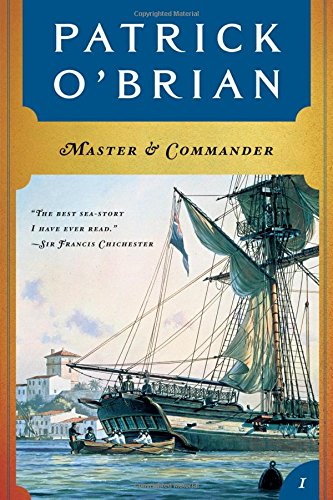

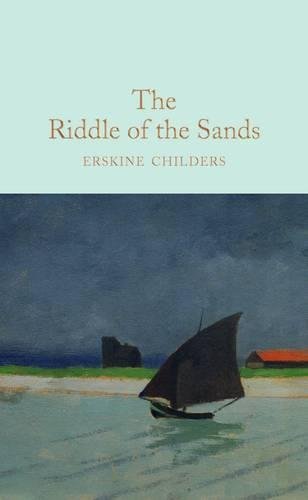

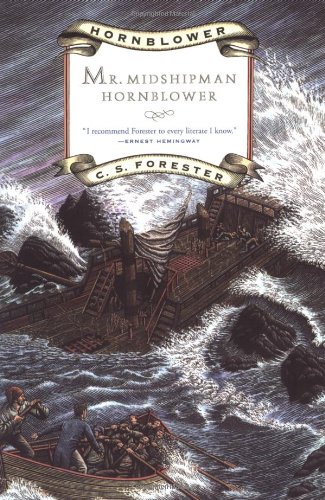




Leave a Reply
Want to join the discussion?Feel free to contribute!